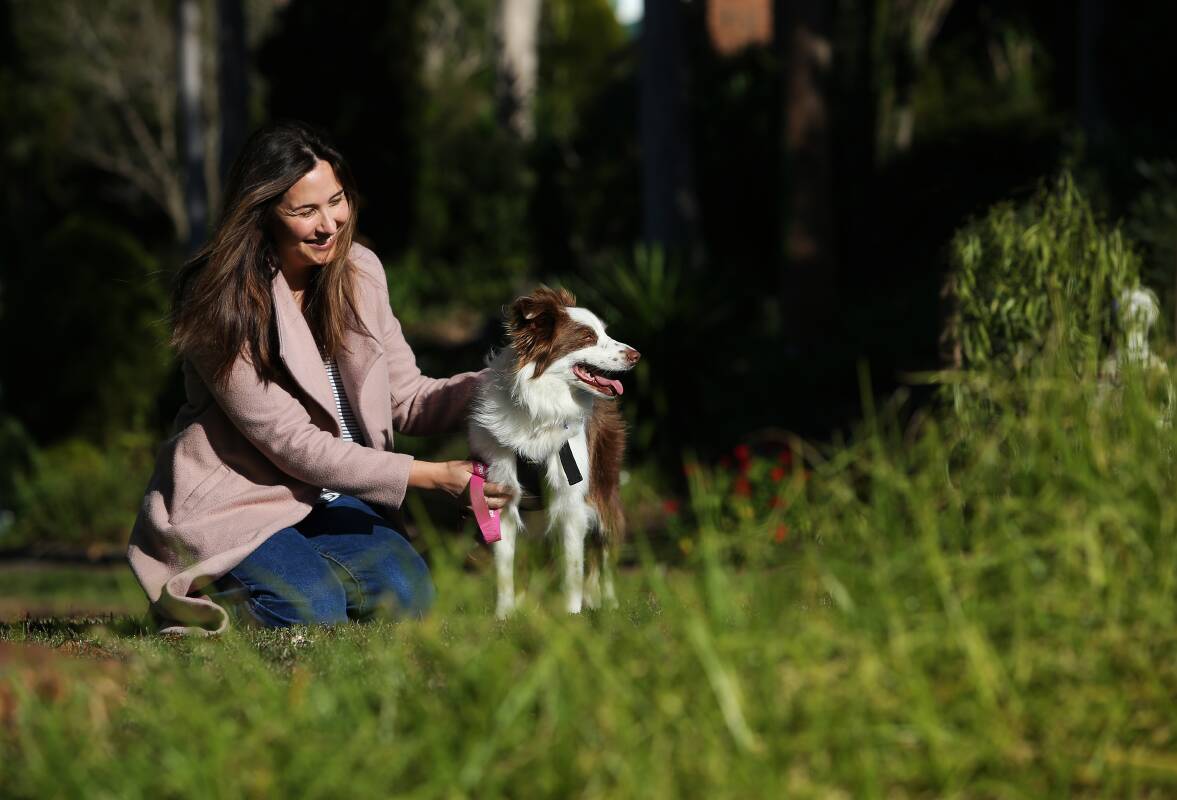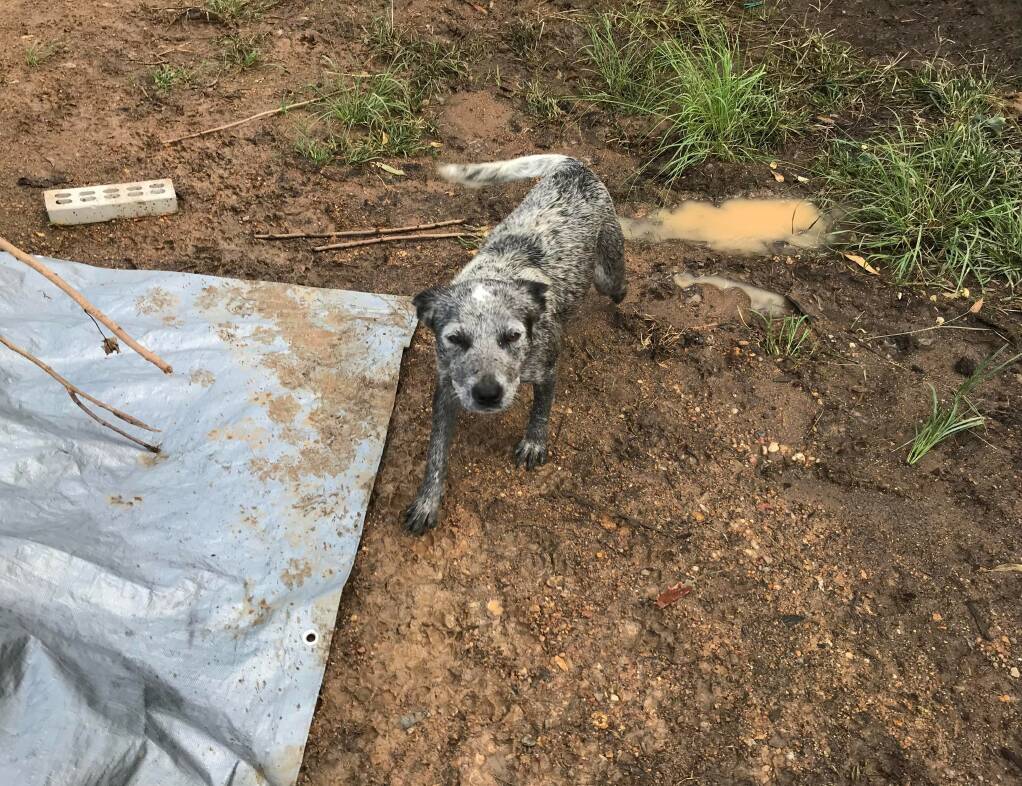
Publicly-funded desexing programs are needed to curb an upsurge in animals being surrendered to pounds and shelters, Dog Rescue Newcastle president Sue Barker says.
"I've been doing this for 40 years and it's the worst it's ever been. We're all absolutely overwhelmed," Ms Barker said.
"The animals are coming in five times faster than they're going out."
Pet sales and adoptions rose during the pandemic, as people sought companionship during COVID lockdowns and restrictions.
Ms Barker believed "homelessness, the rental crisis and people losing their rentals" were now a big part of pet problems.

She said animals being neglected and surrendered and backyard breeding were most likely to occur in disadvantaged areas.
"I guess it comes from a history of none of our councils being proactive with desexing programs and registration of animals," she said.
"I've never seen them offer free desexing programs for as long as I've been in the Hunter and I've been here 17 years."
Rescuer Regina Ray has been fostering with Dog Rescue Newcastle for more than a decade.
"Over the past few months, we've seen a huge increase in the number of dogs we are being asked to rescue - up to dozens of calls a day," Ms Ray said. "We are hoping to get more foster carers on board to help save them until we can find a new home."
Pet owners pay a fee to the NSW government's Pet Registry to register their animals.
A spokesperson for the NSW Office of Local Government said pet registration fees go directly to the Companion Animals Fund.
"Of that, 80 per cent is provided to councils in NSW," the spokesperson said.
"The remaining 20 per cent is used by the Office of Local Government to fund the operation of the NSW Pet Registry and provide online and in-school education opportunities."
The NSW government has introduced an $80 annual permit for owners of non-desexed cats. This aims to encourage desexing to prevent unwanted litters and lessen the burden on pounds and shelters.
In 2020-21, the NSW government gave councils $8.2 million from the Companion Animals Fund.
Ms Barker wanted to know what the councils were doing with "these allocated funds", which she said should be used for desexing programs.
The councils highlighted that the registration funds pay for pounds/shelters, ranger services, dog recreation areas, administration, education and awareness programs.
A Maitland Council spokesperson said the funding "goes towards the management and operation of the Maitland Animal Management Facility".
"There are plans to run desexing programs next financial year."
A Cessnock City Council statement said the council is "currently running a subsidised desexing program for animals" through the Maitland facility, "though spots are limited".
"Council rangers also offer free microchipping by appointment or via its regular free microchipping days."
A Lake Macquarie City Council spokesperson said the fund does "not require council to run a desexing program and this would not be financially viable".
Lake Macquarie council offers free microchipping days to residents several times a year and education programs.
City of Newcastle declined to comment on the matter. It uses the RSPCA's Hunter Shelter at Rutherford as an animal holding facility.
An RSPCA NSW statement said "managing animals locally is a core function for all NSW councils".
"RSPCA NSW strongly encourages NSW councils to utilise cat desexing programs."
The statement added that the RSPCA "frequently supports and partners with councils" to provide "healthy pet days for the community".
Ms Barker said the RSPCA should run a free desexing program.
"They're the Royal Society for the Prevention of Cruelty to Animals and they have millions," she said.
"No one does any free desexing programs, apart from rescue groups."
Ms Barker said rescue groups bear the brunt of the lack of desexing programs.
She said they come across cases of neglected animals every day.
"The councils are complicit in this. Rescue groups are like mice on wheels, constantly running to make a difference."
Ms Barker also urged councils to be "more proactive in chasing up registration of animals, which will encourage owners to desex their animals".
It's cheaper to register a desexed animal.
For example, it costs $69 to register a desexed dog before it is six months old, and $234 if not desexed or if desexed after six months.
Failure to register a cat or dog can lead to a fine of $330.
Ms Barker said councils can do much more to enforce registration.
She gave examples of recent animal welfare issues in Edgeworth and Bolton Point.
"We've just taken a third litter of puppies from a backyard breeder at Edgeworth.
"We picked up the male dog and took it to Motto Farm Veterinary Hospital in Port Stephens, had him desexed and a volunteer took it back to him. We also desexed the female.
"We instigated the desexing because the breeder just keeps breeding them."
The Bolton Point case involved unregistered animals left alone for a fortnight.







